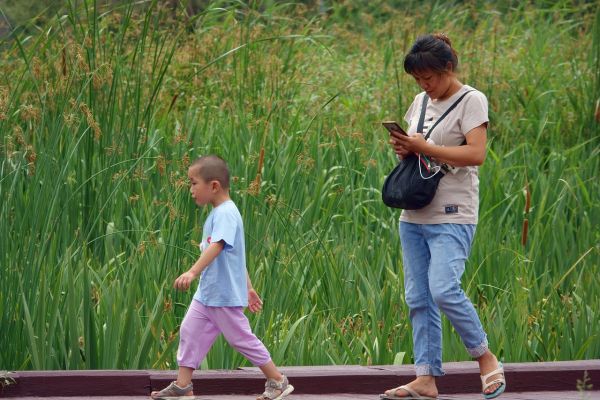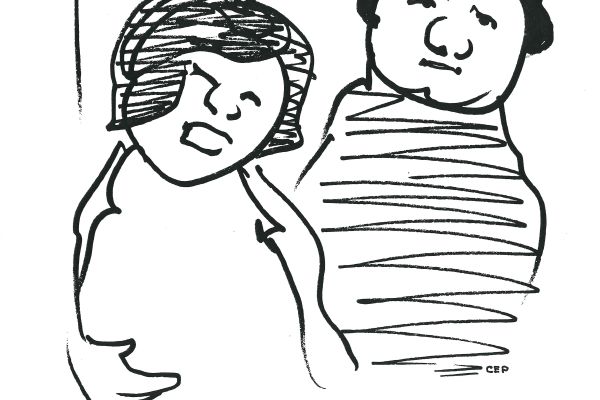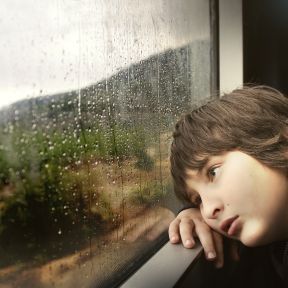On This Page
Child abuse is defined as any physical, emotional, or sexual harm done to a child, either by action or inaction. Common examples include not meeting a child’s basic needs, neglecting their education, and denying them proper medical care. Child abuse is widespread across many different cultures, ethnicities, and income groups. It undermines the parent-child relationship, creating a vicious loop that takes time and effort to overcome.
The legal definitions for child abuse or neglect can vary from state to state and from country to country, but they share some fundamental similarities. In general, abuse occurs when a child’s basic needs for food, water, shelter, and a safe environment are not being met. Any caretaker who knowingly harms a child, either physically or emotionally, is engaging in abuse. Other examples that are considered child abuse include: leaving a child below a certain age unsupervised, allowing them to witness or participate in illegal alcohol or drug use, exposing them to domestic violence, preventing them from accessing the medical care they need, and denying them an education.
People are conditioned to believe that all parents love their children and do the best they can for them. It’s psychologically easier to buy into the “no bad parent” myth than it is to accept that some children suffer physical or emotional abuse and/or neglect at their parents’ hands. The lack of maternal or paternal instincts seems unnatural and practically impossible. Additionally, those who have never suffered neglect or abuse may have trouble believing that anyone could treat an innocent, helpless child that way. Nevertheless, neglect and abuse exist in all corners of society, and they must be acknowledged before they can be eradicated.
The long-term impact of child abuse can be profound. When abused children grow up, they can experience a range of consequences, including impaired functioning, unhealthy relationships, emotional numbness, and an increased risk of anxiety and depression. Some survivors may decide not to have children, even if they really want them, for fear of perpetuating the cycle of abuse. Neglect and bullying can cause similar functional impairment as well as global distress, worries about the future, and various co-occurring physical and mental health problems.
Traumatic childhood memories can linger in the mind and are associated with a wide range of psychological problems, including depression, anxiety, PTSD, antisocial personality, and drug and alcohol dependency. In fact, studies have found that in many cases, the memories of abuse hurt more than actual abuse regardless of the person’s gender or race. Someone’s subjective thoughts about their childhood maltreatment can help to shape a negative self-narrative that only prolongs their suffering. Focusing on the present and rewriting your self-narrative can help dampen the negative effects of childhood abuse, even if it cannot be forgotten entirely.
As children progress through each developmental phase, they acquire new skills, like learning to walk or talk. They gain confidence—as well as an increased desire for independence. This natural wish causes children to test their limits and challenge their parents, resulting in inevitable conflict and, in extreme cases, parent abuse. Parent abuse can occur when children realize that if they behave outrageously, their parents will cave and agree to their demands. Thus, it’s important for parents and children to adopt a policy of mutual respect, so they don’t name-call, curse, bully, or physically abuse each other, even in the heat of an argument.
All children deserve a safe and stable home environment. However, there can be some surprising benefits for those who had tough childhoods. Their brains are trained to quickly assess threats and read other people’s emotional states, abilities that can serve them well as adults. Living so long with uncertainty can increase cognitive flexibility, adaptability, and resilience. Some abuse survivors may experience post-traumatic growth, gaining inner strength and a deeper understanding of themselves.
The old saying “Sticks and stones may break my bones, but words will never hurt me” is just plain wrong. When it comes to emotional abuse, words can inflict lasting damage that must be deliberately overcome. Emotional abuse is a repeated pattern of behavior that generates fear and exerts control over another person—in this case, a defenseless young child. Like other forms of abuse, emotional abuse can cause both short- and long-term repercussions.
“Tough love” can be a slippery slope leading to emotional abuse. For one thing, the imbalance of power in the parent/child dynamic means that the parent’s words matter a lot. Children will internalize harmful messages (e.g., that they’re stupid, not good enough, unlovable, etc.) and be affected by them for years, if not the rest of their lives; that’s part of the reason why verbal abuse is so dangerous. Additionally, while anyone can say something in the heat of an argument that they regret, emotional abuse is recurring and often normalized or excused by a child who doesn’t know what healthy behavior looks like. Rationalizing, shifting the blame, and insisting they’re acting for their child’s own good are all signs of potential abuse.
Human beings are hardwired to pay more attention to negative experiences, such as the enduring pain of childhood verbal abuse. MRI imaging reveals that a parent’s abusive words can actually change the way a child’s brain develops. Not only does the child internalize negative messages that undermine their self-confidence, but they may also develop maladaptive coping mechanisms that only perpetuate the cycle of abuse. Adults with a history of emotional abuse are prone to anxiety, depression, low self-esteem, and self-hatred; they also tend to have trouble forming healthy, committed relationships.
Neglect is characterized by an ongoing pattern of inadequate care for a child. Parents are not usually being neglectful on purpose—their child is just low on their list of priorities. Neglect can be physical, emotional, or even medical. Stressful circumstances, like sickness, divorce, and poverty, are risk factors that can make it more likely for parents to be neglectful. Interventions may be necessary to prevent any lasting harmful effects.
Child neglect occurs when parents or caregivers fail to provide for a child’s fundamental needs—shelter, food, water, clothing, education, medical care, etc. It is characterized by an ongoing pattern of poor care and a failure to thrive. Child neglect can, and often does, result in physical and/or psychological harm that can impact a child well into adulthood.
Some signs of childhood emotional neglect include self-criticism, anger, shame, fear of rejection, and self-blame. Children who are neglected quickly absorb the lesson that their feelings don’t matter and may react by stifling or denying their true emotions. Adults who have experienced neglect are at greater risk for depression, anxiety, addiction, and relationship problems.














